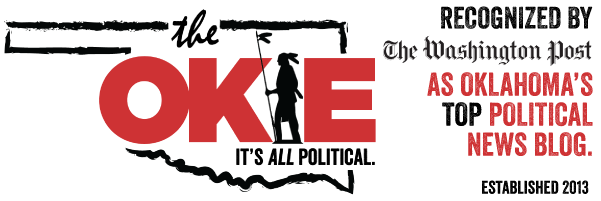Harvard Political Review: T.W. Shannon Discusses Race & Partisanship
Race and Partisanship: Interview with T.W. Shannon
By Andrew Zucker, Harvard Political Review
Harvard Political Review: How can the GOP appeal to African Americans?
T.W. Shannon: I’ve been a conservative and a Republican my entire life. I got my values not from watching commentators on Fox News or CNN. I got my conservative values from my predominantly African American church in Lawton, Oklahoma—Bethlehem Baptist Church. I just believe that the greater the freedom, the greater the prosperity.
As we talk about the historic ills of the African American community, whether it be racism or poverty, the values of the GOP are an important instrument to restoring hope and liberty to people that have been disenfranchised for generations. We have got to do a better job with our messaging, talking about the things where we agree, making sure we are recruiting candidates that reflect those values and candidates that can communicate empathy.
HPR: You graduated with a degree in communications. Why did you start working in politics?
TWS: My undergraduate degree is in communications, and then I got my Juris Doctorate right after. While going to law school, I worked for two members of Congress. I just happened to be walking into the office of Congressman J. C. Watts Jr., who was the fourth ranking member of Congress at the time, one of the most conservative Republicans in the U.S. House of Representatives, and he also happened to be African American.
After working for J. C. during the time when most people, like I was, were thinking about their own value systems and reevaluating their philosophies, I really identified with his message. His ideas about freedom and liberty resonated with me.
HPR: What caused you to make the jump from working for politicians to running for office?
TWS: It was probably something I had wanted to do for a long time. I had a grandmother, who I knew briefly before she passed away, but certainly her legacy lived on. Although she was not a politician, she worked for a lot of politicians. She did amazing campaign work in the African American communities of Muskogee, Oklahoma, and she also had a certain level of influence to help her neighbors.
Those stories I heard always fascinated me. I thought that could be fascinating. I was involved in school politics, all of the student council stuff, and it was kind of a natural progression. But, again, having a mentor like J. C. Watts was what really got me interested in the process and made me think I could probably do this.
HPR: You eventually rose to Speaker of the Oklahoma House of Representatives. What did you find to be the best strategies to effect political change?

